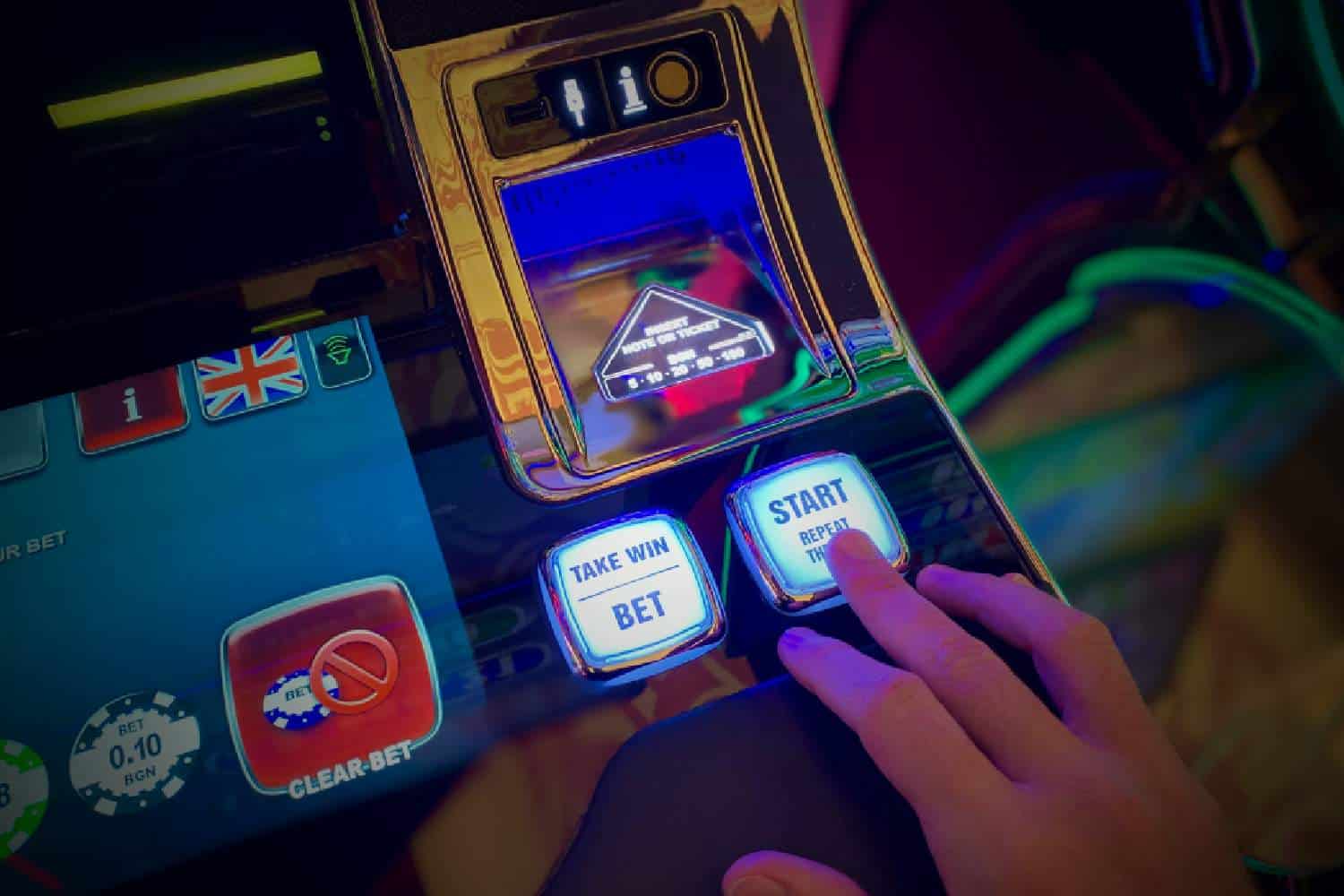Over the last few years, more South Africans have started spending serious time in virtual spaces.
Life online is more than just scrolling
What used to be casual phone time or after-work social media scrolling has turned into full-blown digital escapes — with people actively seeking out online platforms that offer interaction, stimulation, and even relaxation.
From immersive games to digital concerts, virtual nightlife to interactive story apps, entertainment is no longer something we just consume — it’s something we enter.
For many, Highroller, the innovative and expanding igaming destination, offers exactly that: an immersive, play-driven experience built around social gaming culture — all without the pressures of real-world spending or outcomes.
The pandemic spark that lit the fire
The shift didn’t happen overnight. In many ways, the COVID-19 pandemic cracked open the gate.
With lockdowns keeping everyone indoors and traditional entertainment venues closed, the internet became more than a convenience — it became a lifeline.
People began exploring new forms of entertainment out of boredom, loneliness, and a need for control in unpredictable times. That’s when virtual spaces — games, livestreams, online concerts, multiplayer experiences — really started gaining traction.
A 2021 study by the University of Cape Town found that digital consumption in South Africa rose by more than 30% during the first year of the pandemic, with video content and online games leading the surge.
Escapism is not a dirty word
There’s a misconception that turning to online entertainment is simply a way to “waste time.” But research, culture, and lived experience show otherwise. Escapism, when balanced, plays an important role in mental health and stress relief.
Whether it’s jumping into a fictional world, earning virtual rewards, or connecting with others through a screen, these digital experiences help people:
- Reduce daily stress
- Regain a sense of control
- Socialise with like-minded people
- Explore creative play without judgement
In a country like South Africa, where social and economic pressures are high, virtual escapes provide low-barrier access to joy, competition, and connection.
Why this hits differently for Gen Z and Millennials
Younger South Africans are at the center of this movement. These are digital natives — people who grew up online and know how to navigate platforms quickly and intuitively.
For this generation, digital spaces are not separate from real life. Whether it’s Twitch streaming, TikTok dances, or weekend gaming sessions with friends, these platforms are natural extensions of social interaction.
What sets this group apart is how they value experiences over products. They seek meaning, expression, and identity online, and gravitate toward platforms that reflect that. Social games that reward progression and creativity — like Highroller — fit neatly into that picture.
It’s not just about games — it’s about worlds
Platforms that succeed in this space understand one key thing: it’s not just about features, it’s about feelings. People don’t log in to collect coins or rack up high scores — they log in to enter a world that feels alive.
These virtual spaces are carefully designed to give users a sense of presence. It’s the digital equivalent of stepping into your favorite club, arcade, or café — but from your couch, and without the costs or complications.
The most effective digital environments now offer:
- Real-time interaction
- Progress tracking and achievements
- Social leaderboards
- Visually immersive graphics and design
- A loop of play and reward that keeps users coming back
This blend of play and presence is what makes social platforms like Highroller stand out in a crowded space.
A cultural shift in leisure
South Africans are rethinking how they spend their free time. Instead of only turning to television, sports, or nightclubs, people are creating customized entertainment routines that blend offline and online experiences.
It’s not unusual for someone to spend their evening:
- Streaming a Netflix series
- Jumping into a multiplayer game for 20 minutes
- Scrolling social feeds while chatting in a Discord room
- Exploring new social games on platforms like Highroller
These micro-experiences feel personal and flexible. They’re also easier to access and less expensive than traditional entertainment options, which makes them more inclusive — especially for younger people navigating rising costs.
Escaping doesn’t mean disconnecting
Ironically, digital escapes often lead to more connection, not less.
Whether it’s playing games with strangers-turned-friends, joining online communities, or sharing achievements on socials, these platforms encourage engagement in new ways.
The social aspect of virtual play is especially important in a country like South Africa, where people are often separated by geography, class, and infrastructure.
Online entertainment helps close those gaps — even temporarily — and build connections that might not be possible in the real world.
The future is already here
Virtual entertainment in South Africa isn’t a trend — it’s a cultural shift. As internet access improves and mobile tech gets more advanced, digital platforms will continue to shape how people relax, play, and connect.
For now, it’s clear that the virtual world isn’t just a distraction — it’s a destination. One where imagination, play, and community all have room to grow.
Swisher Post does not encourage gambling. The content presented is for entertainment and informational purposes only. Readers are urged to gamble responsibly and at their own risk. Swisher Post accepts no liability for financial losses incurred.
